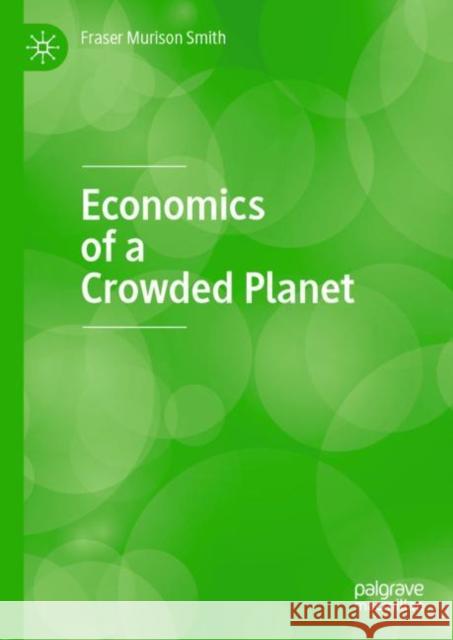Economics of a Crowded Planet » książka
topmenu
Economics of a Crowded Planet
ISBN-13: 9783030317973 / Angielski / Twarda / 2019 / 428 str.
Economics of a Crowded Planet
ISBN-13: 9783030317973 / Angielski / Twarda / 2019 / 428 str.
cena 402,53
(netto: 383,36 VAT: 5%)
Najniższa cena z 30 dni: 385,52
(netto: 383,36 VAT: 5%)
Najniższa cena z 30 dni: 385,52
Termin realizacji zamówienia:
ok. 22 dni roboczych.
ok. 22 dni roboczych.
Darmowa dostawa!
Kategorie:
Kategorie BISAC:
Wydawca:
Palgrave MacMillan
Język:
Angielski
ISBN-13:
9783030317973
Rok wydania:
2019
Wydanie:
2019
Ilość stron:
428
Waga:
0.68 kg
Wymiary:
21.01 x 14.81 x 2.54
Oprawa:
Twarda
Wolumenów:
01
Dodatkowe informacje:
Wydanie ilustrowane











